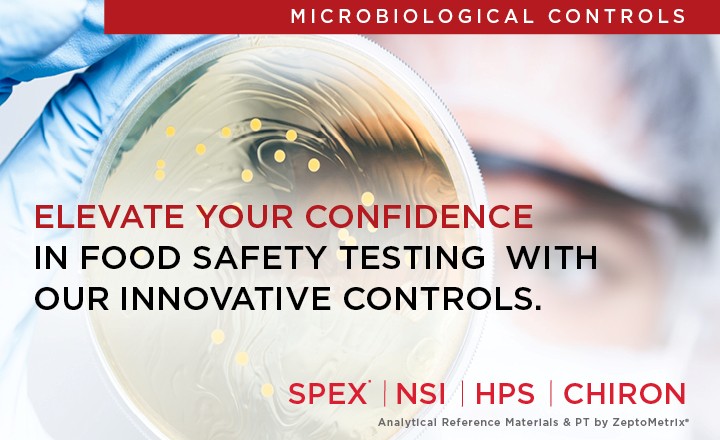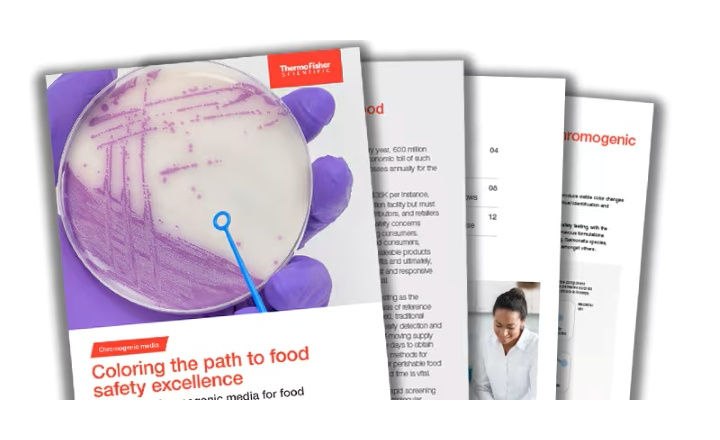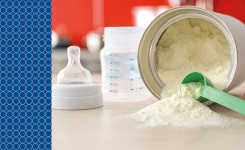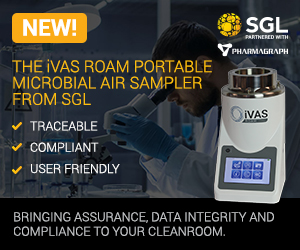Microbial contamination: Are pre-packaged salads a health risk?
Pre-packaged salads are often contaminated with harmful bacteria, viruses or molds, as a current study reveals. Especially during the warmer months, there is a high risk of microbiological contamination.
Ready-to-eat, pre-packaged salads are convenient and increasingly popular with consumers. However, these so-called “fresh cut“ or “convenience“ products have also been repeatedly associated with pathogens. A recent study conducted by the Max Rubner Institute (MRI) in Karlsruhe, Germany, has now confirmed earlier studies showing that prepacked salads are often contaminated with microorganisms.
For the study, a total of 600 samples collected from German supermarkets have been analyzed over a period of three years, including ready-to-eat mixed salads, lettuce, herbs, cucumbers, carrots, mushrooms and sprouts. The most severe contamination was found in ready-to-eat salads, with 6 % of the samples being contaminated with human pathogenic bacteria such as Salmonella, Listeria or Escherichia coli. Moreover, 42 % of the tested salads exceeded the reference value for the total bacteria count as recommended by the German Society for Hygiene and Microbiology (DGHM). Some samples even exceeded warning values, e.g. for Bacillus cereus and molds. Overall, the microbiological quality of mixed salads was considered insufficient. The tested sprouts were problematic, too. Cucumbers, carrots and mushrooms were considered good, lettuce medium to good and herbs acceptable.
The reason why “fresh cut“ products are particularly vulnerable to spoilage is that the plants’ natural protective layer is destroyed by peeling and slicing. Cell sap can escape, serving as food for microorganisms, and the damp atmosphere in plastic bags or bowls additionally promotes growth of microorganisms. According to the study, a hazard for the health of the consumer cannot be ruled out, in particular since “fresh cut” products are usually consumed directly, without previously washing. Children, elderly people, pregnant women and immunosuppressed persons are the most vulnerable.
To detect pathogenic microorganisms in food, various methods are available. The microbiological analysis by means of ready-to-use culture medium plates is very easy to perform, while immunological methods (ELISA) or molecular biological methods (real-time PCR) deliver faster results.
Further information:
Study by Max Rubner Institute (MRI)
German Society for Hygiene and Microbiology (DGHM)
R-Biopharm portfolio for microbiological analyses
























